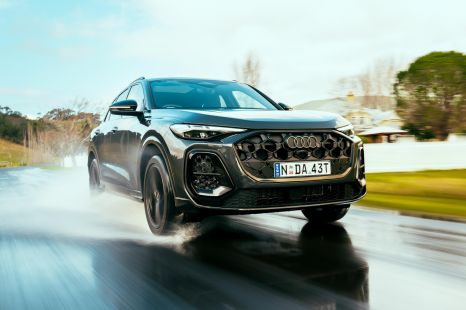

James Wong
2026 Audi SQ5 review: Quick drive
6 Days Ago
Surging demand in Europe for electric cars has reportedly forced Volkswagen to bring the e-Up city hatch back from the dead.

Journalist
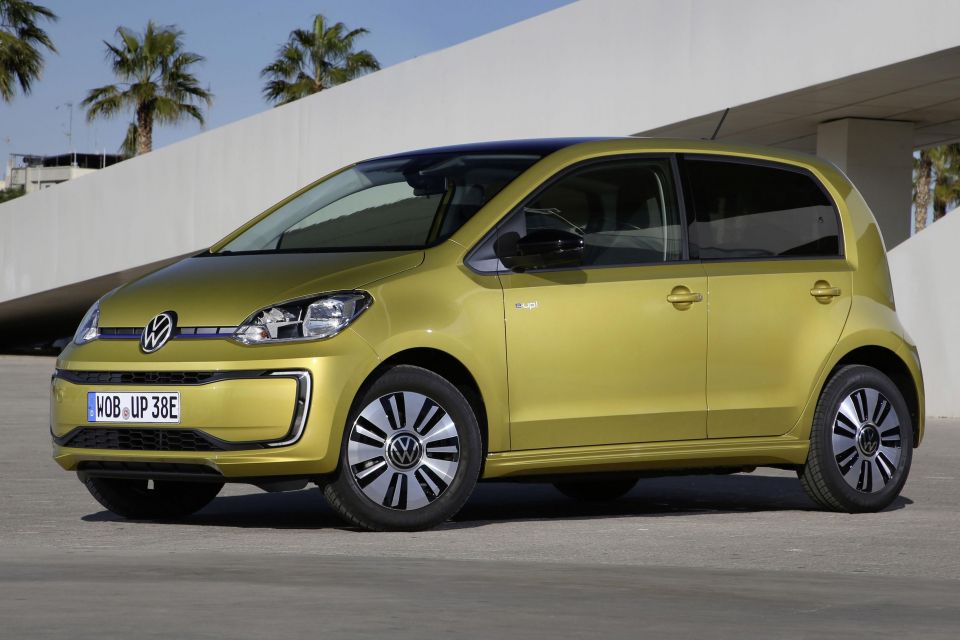

Journalist
What’s old is new again, especially when there’s high demand for an affordable electric vehicle.
The Volkswagen e-Up is heading back on sale, with Automobilwoche reporting the automaker’s German dealers are once again accepting orders for the vehicle.
In 2020 Volkswagen stopped taking orders for the e-Up, and many believed that it was the end of the line for the electric city car. It’s believed the automaker halted sales as it had a 16-month backlog of orders, and the financial case for the model was marginal at best.
With the German government stepping up its EV incentives, and demand for electric vehicles growing, Volkswagen seems to have to changed its mind.
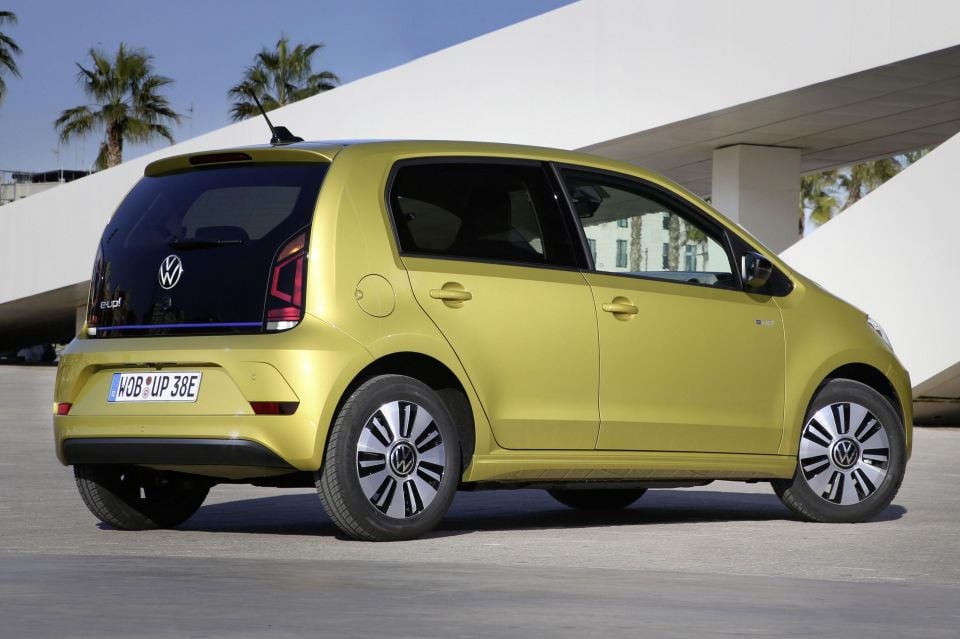
Analysis from the Financial Times indicates Europeans bought more pure EVs than diesel cars in December 2021, a first for the propulsion type.
A proliferation of new models, generous incentives in many countries and improved supply saw electric car sales surge to 178,000 units, or 20 per cent of the market across 18 EU nations, while diesel vehicle sales fell to 160,000 units.
The German publication understands pricing for the revived e-Up will start from €26,500 ($42,000). After German government incentives are taken into account, though, the entry-level EV is much more affordable €17,000 ($27,000).
This would pit the e-Up against the electric Fiat 500 that starts at €26,790. It won’t be the cheapest EV around, with the Volkswagen significantly undercut by the two-seat Smart ForTwo EQ beginning at €21,940 ($35,000), and the cut-price Dacia Spring from €20,490 ($32,500).
By way of further comparison, the ID.3 range kicks off at €36,960 ($58,500), while the petrol-powered Up begins at €14,130 ($22,500).
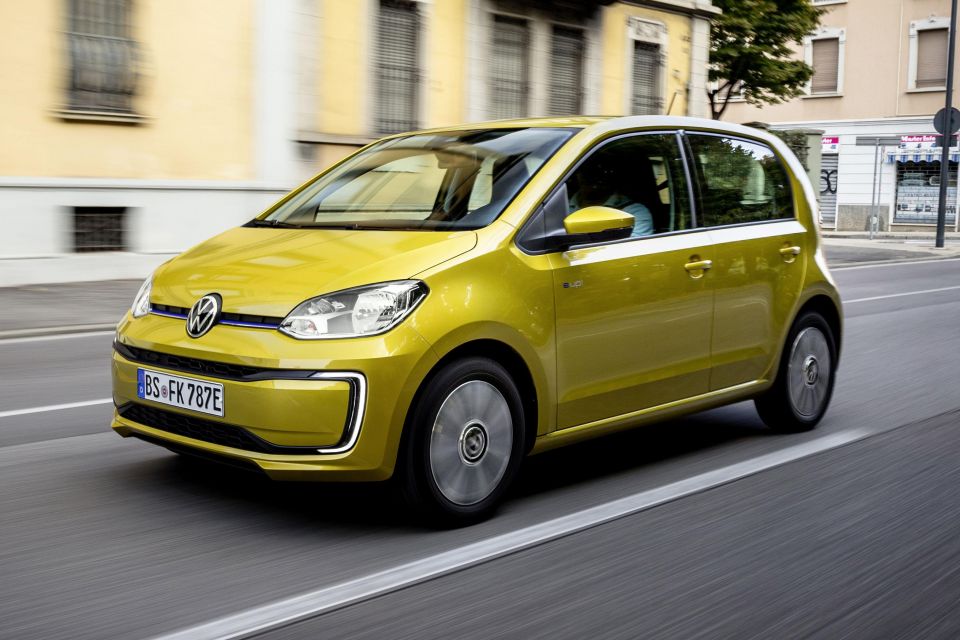
When the e-Up was first launched in 2013 it had a 60kW/210Nm electric motor paired with a 18.7kWh battery capable of delivering 160km of driving range under the old NEDC standard.
In 2019 the e-Up gained a larger 36.8kWh battery, and range improved to 258km.
It’s likely the revived e-Up will stay in production until around 2025 when successor vehicles, likely to be known as the ID.1 and ID.2, are ready.
Styling for one of these models will be based on the 2021 ID.Life concept, which is around the size of the Polo hatch.
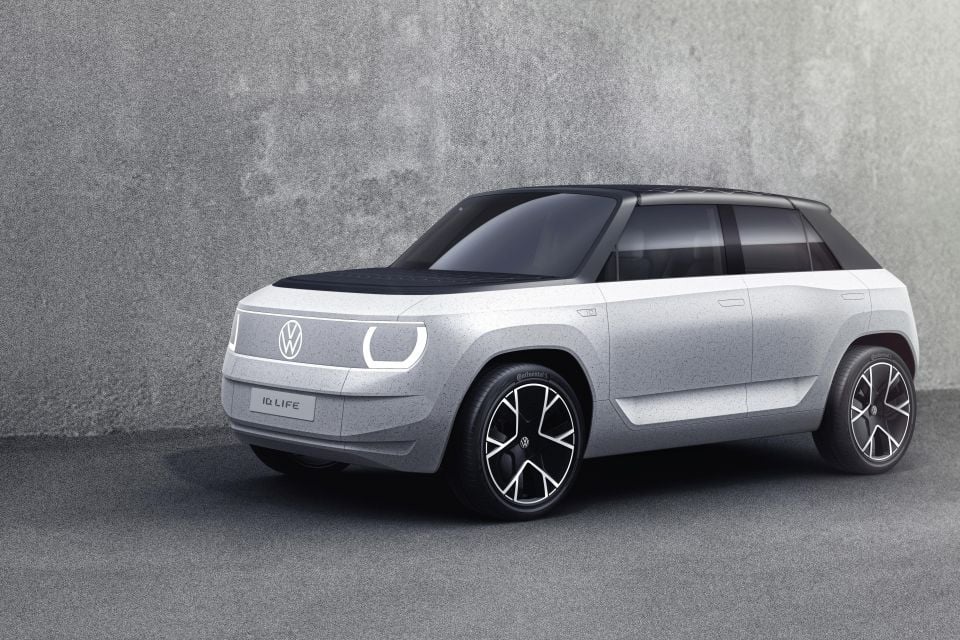
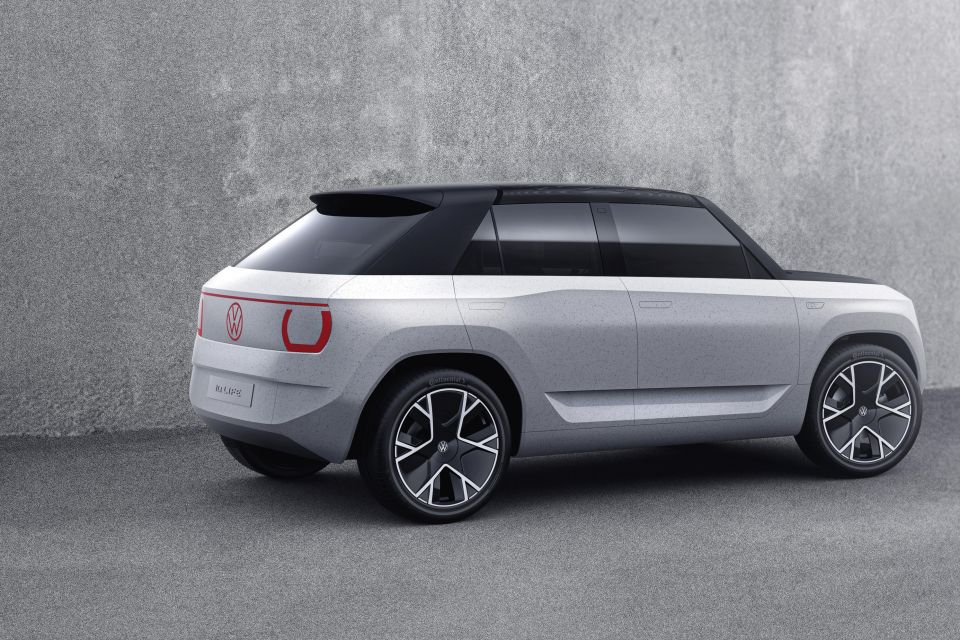
Skoda and Seat will also make EVs to fit into the space under the ID.3. All these city-friendly electric cars will ride on a shortened and cheaper-to-produce version of the MEB architecture.
Developed by Skoda, the platform will be front-wheel drive — not rear-wheel drive like the full-fat MEB setup — and support batteries up to 45kWh.
The revival of the e-Up will likely have little effect on Volkswagen Australia’s model plans. The Up was sold in Australia from 2012 to 2014, but in a market that was (and still is) eager for family-friendly crossovers, the city car didn’t find much favour.
With priority given to countries with EV mandates or incentives, the launches of the ID.3 and ID.4 have been pushed back until 2023, at the earliest.
Where expert car reviews meet expert car buying – CarExpert gives you trusted advice, personalised service and real savings on your next new car.
Derek Fung would love to tell you about his multiple degrees, but he's too busy writing up some news right now. In his spare time Derek loves chasing automotive rabbits down the hole. Based in New York, New York, Derek loves to travel and is very much a window not an aisle person.


James Wong
6 Days Ago
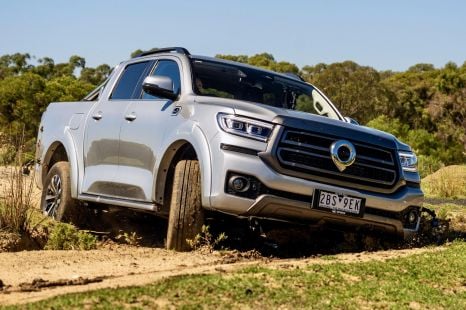

Max Davies
5 Days Ago
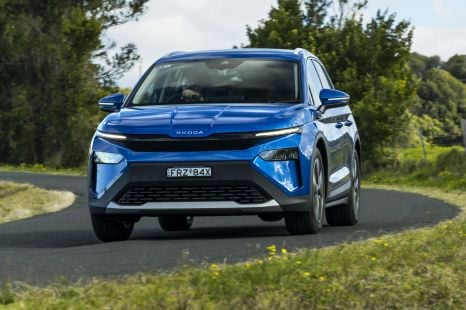

Josh Nevett
3 Days Ago
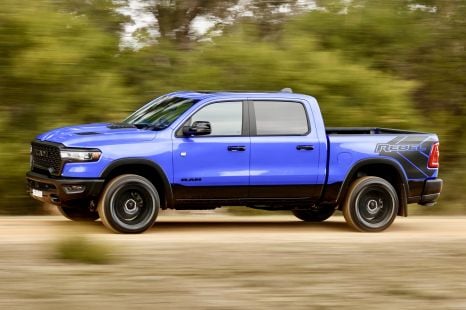

Max Davies
3 Days Ago
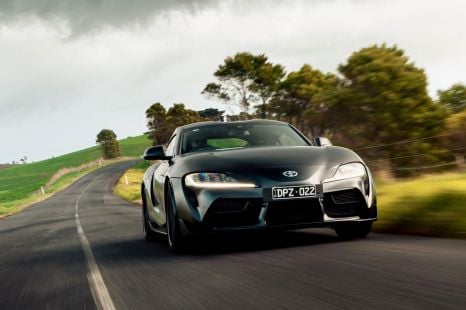

Max Davies
2 Days Ago
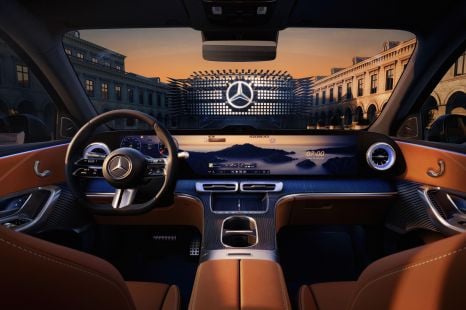

Derek Fung
2 Days Ago